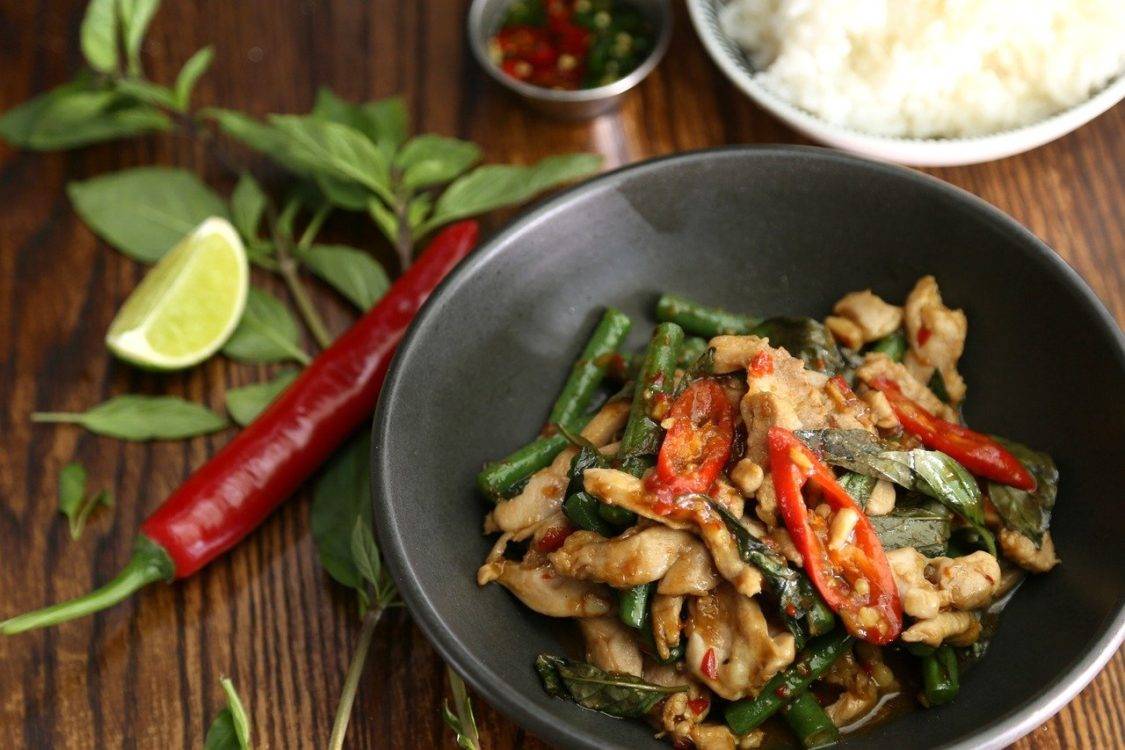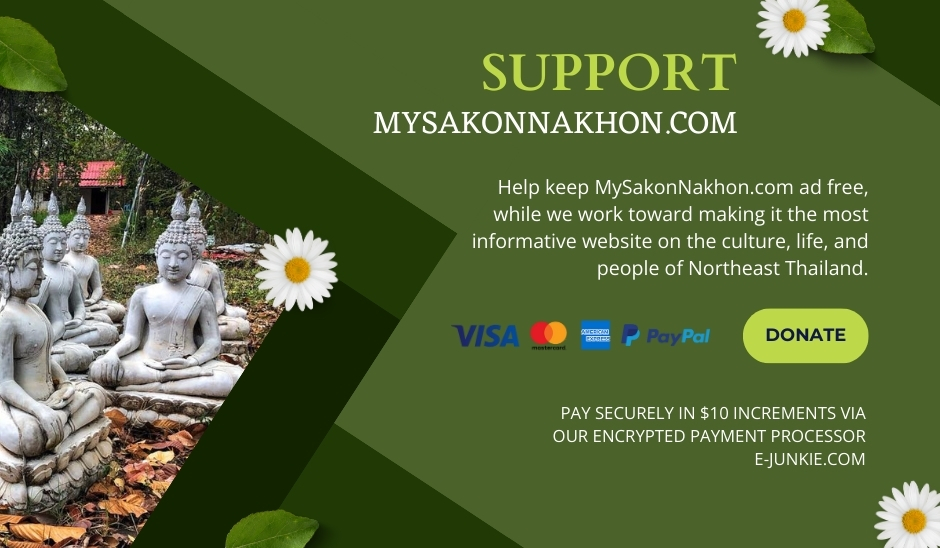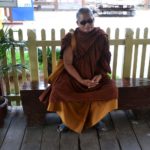
How to Say Delicious in Isaan & Thai
- Thai Food
-
Sep 12
- Share post

Today we are going to show you how to say super delicious in Thai, as well as the Isaan dialect spoken in Sakon Nakhon. You perhaps already know the ordinary word for delicious in Thai, which is a-ròi (อร่อย). But that word is so commonly used in Thailand, that it doesn’t really pass as a compliment that will make your host beam with pride. Everybody says everything is a-ròi in Thailand when asked. To say anything else would be impolite.
What you need is another Thai word to attach to the end of a-ròi to show that what you are eating is soaring toward the level of ambrosia and food for the gods. As fate would have it, that extra Thai word (hàw) actually means soaring into the air as if my magic. So, next time you really want to delight your host or the cook at a Thai restaurant, use today’s language lesson to help you give a compliment that will win you that famous Thai smile.
a-ròi-hàw (อร่อยเหาะ) adj. – Extremely delicious
โอ้ พระเจ้าจอร์จ เค้ก นี่ อร่อยเหาะ เลย เธอ ทำ เอง จริงๆ เหรอ
Ô phrá-jáo jâwt! Kháyk nêe à-ròi-hàw leuy. Thuh tham ayng jing-jing rŭh?
Oh, god George! Cake this delicious-soaring (emph.). You make yourself, true (question)?
Oh, my god! This cake is awesome! You really made it yourself?
To learn how to pronounce our English transliteration of Thai correctly, please visit our Thai/English Pronunciation Guide.
Now, when traveling in Sakon Nakhon (and other Northeastern provinces) you will get extra kudos for speaking a few words in the Isaan dialect, which is primarily the Lao language infused with some Thai and unique language characteristics that vary from place to place. The word for delicious in Isaan is sâep (แซบ). To tell your Isaan host that their meal is incredibly delicious use this expression: Sâep lăi lăi déu (แซบ หลายๆ เด้อ). This literally means delicious + very very + a particle used for emphasis only in the Isaan dialect.
You are probably wondering from today’s lesson how the English expression “Oh my god!” became “Oh, god George!” (Ô phrá-jáo jâwt!) in Thai. This emerged from a popular Thai television show where the expression was repeatedly used.
- The Hidden Dharma of Thai Language & Culture - May 11, 2024
- The Royal Ploughing Ceremony in Thailand – A History - May 8, 2024
- Dying Well the Buddhist Way in Thailand - May 7, 2024




